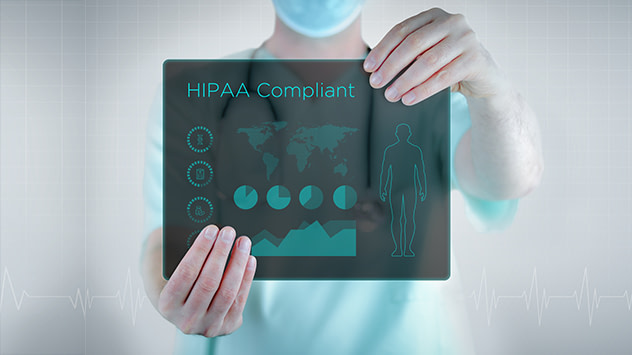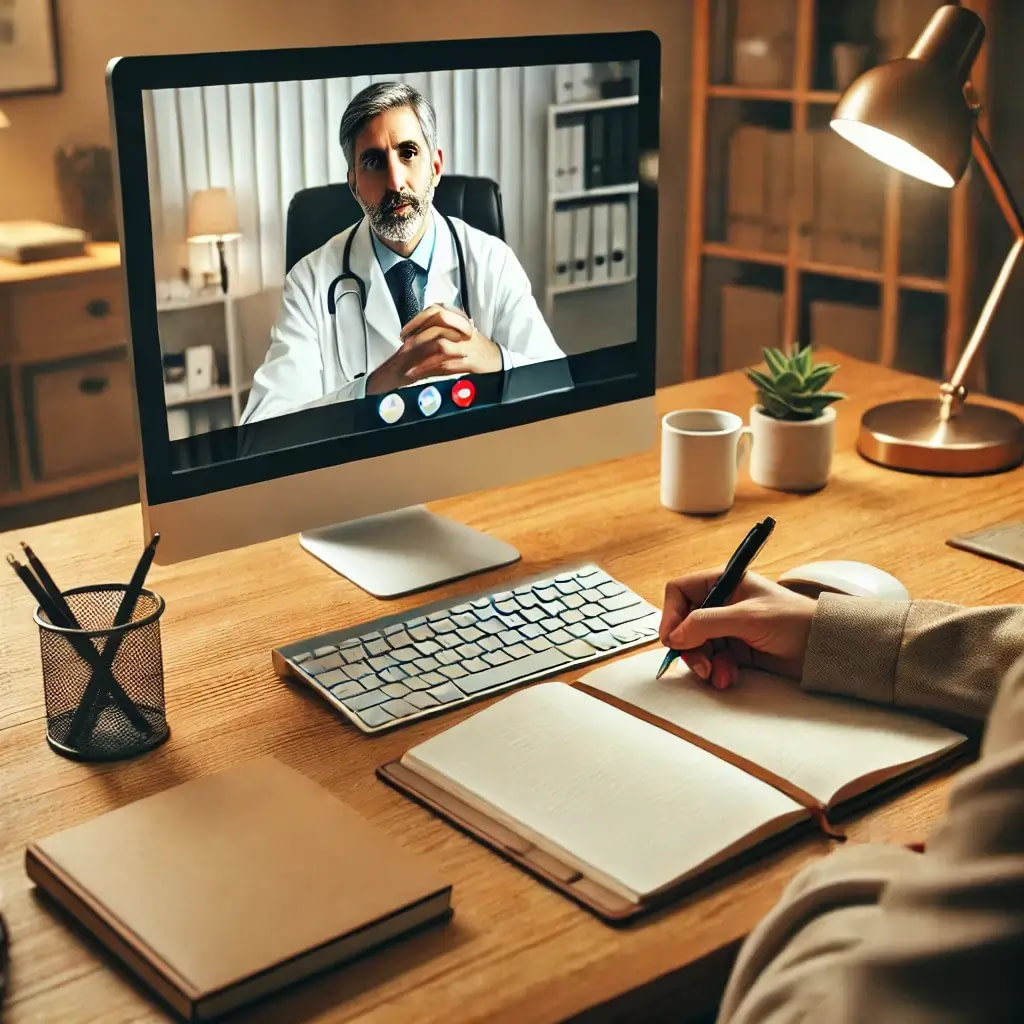Technology has made it easier than ever for healthcare providers to treat patients efficiently. Scans, tests, and records are accessible in seconds. At the same time, hospitals, doctors, and insurers must safeguard protected health information by complying with the Health Insurance Portability and Accountability Act. HIPAA compliance shows respect for patients and saves your organization from large financial penalties. The purpose of this guide is to show you the most common HIPAA violations so you can avoid them.

What Are the Most Common HIPAA Violations?
It’s not easy for healthcare professionals to balance the needs of patients and long work hours with HIPAA privacy and security regulations. Hasty or careless actions are the cause of many common HIPAA violations.
1. Accessing Patient Records Without Appropriate Cause
HIPAA rules only allow covered entities to use PHI for treatment, healthcare operations, and payment. Doctors can share a patient’s records with colleagues while seeking treatment (such as consulting with a specialist), but this rules out viewing PHI just to satisfy curiosity.
If medical personnel — or even worse, unauthorized hospital employees — access or share PHI for non-permissible reasons, it’s a major HIPAA violation. A common example is when a physician snoops through a friend’s healthcare records.
Employees who commit this violation are usually fired from their jobs and could face criminal charges if the intent behind the access was malicious. Their employer may also face substantial fines.
2. Sharing Confidential Information With Third Parties
It’s also a violation of HIPAA — not to mention a breach of medical ethics — to share PHI with people who aren’t authorized to see it. Well-meaning doctors may feel that there’s little harm in showing the results of a blood test to a patient’s family members or friends, but this action goes against the HIPAA Privacy Rule.
3. Not Providing Appropriate Access to Personal Health Records
One of the things that can make HIPAA compliance challenging is the need to balance information security with data access. The Privacy Rule entitles patients to access their medical records on demand. Any data storage platform your organization uses must keep all patient records organized in a searchable, centralized format.
You cannot simply delete old records to save space. This access rule applies to all electronic PHI, which includes any images, recorded audio, or video communications with patients.
4. Taking Too Long To Provide Copies of Health Records
HIPAA rules state that covered entities must provide the required copies of patient records within 30 days. Going beyond that, improperly deleting records or losing required files can result in significant HIPAA fines and penalties.
5. Using a Telehealth Platform That Isn’t HIPAA Compliant

Telehealth appointments have grown in popularity, both with busy patients and tired physicians. Unfortunately, non-compliant telehealth platforms are among the most common HIPAA violations.
Did you know that WhatsApp isn’t HIPAA-compliant? The ability to delete messages in a chat violates part of the Security Rule.
6. Not Verifying the Person’s Identity on Telehealth Calls
If doctors don’t take the time to make sure the person on the screen is really the patient, they can accidentally disclose PHI illegally. Seeing identification is a must.
7. Not Respecting the Patient’s Right to Privacy
The terms of the Privacy Rule also mean that healthcare providers who discuss PHI while unauthorized individuals are present in the room are making a big mistake. This can happen if doctors take phone calls in the middle of an appointment or if there are family members in the background during a telehealth appointment.
8. Not Using BAAs or Not Requiring HIPAA Compliance
Your organization probably works with many vendors, from software services like Microsoft 365 to billing firms. Any third party that handles PHI on your behalf must comply with HIPAA guidelines and sign a Business Associate Agreement.
What if those vendors don’t follow HIPAA regulations? You may be the one facing HIPAA compliance penalties.
9. Not Conducting a Risk Analysis
Regardless of the size of the practice, HIPAA regulations require healthcare companies and the vendors who work with them to complete an organization-wide risk analysis. It’s not enough to think that patient data is safe. You have to take steps to identify any security issues that put PHI at risk.
10. Not Implementing Good Cybersecurity Practices
HIPAA rules do not explicitly require organizations to encrypt data, but if you don’t, you need an equivalent security measure. Common HIPAA violations of this rule include employees accidentally downloading plain text data onto mobile devices or leaving patient charts where unauthorized people can see them.

What Are the Fines for HIPAA Violations?
Unintentional violations of HIPAA can result in civil fines and penalties, while intentional violations committed with malicious intent can result in criminal charges.
The fines for HIPAA violations depend on the nature of the violation, the level of carelessness or recklessness shown, and whether similar violations have happened before. For example, covered entities that don’t allow patients to obtain copies of health records can face fines that range from $3,500 to more than $4 million.
Penalties for not completing a risk assessment range from $100,000 to $6 million in fines. Security violations — like data breaches — that stem from not addressing known security issues can result in additional penalties.
How Can Your Organization Avoid HIPAA Fines and Penalties?
HIPAA compliance requires careful planning and monitoring. Employees who are careless or do not understand the rules often commit violations. The solution is to invest in comprehensive training for workers on the best practices for accessing, sharing, and protecting PHI. You may also need a HIPAA officer to oversee your compliance.
Follow up ongoing risk assessments with strong cybersecurity measures. Implement strict access control and mobile device security precautions. Invest in monitoring for suspicious logins or network activity. Verify that vendors follow HIPAA and data security practices.
How Compyl Helps Companies Avoid HIPAA Violation Penalties
Compyl offers a comprehensive no-code information security and compliance automation platform. This all-in-one solution helps you avoid the most common HIPAA violations by seamlessly integrating with your technology and continuously updating to reflect the current regulatory environment. Contact us online to get started.



